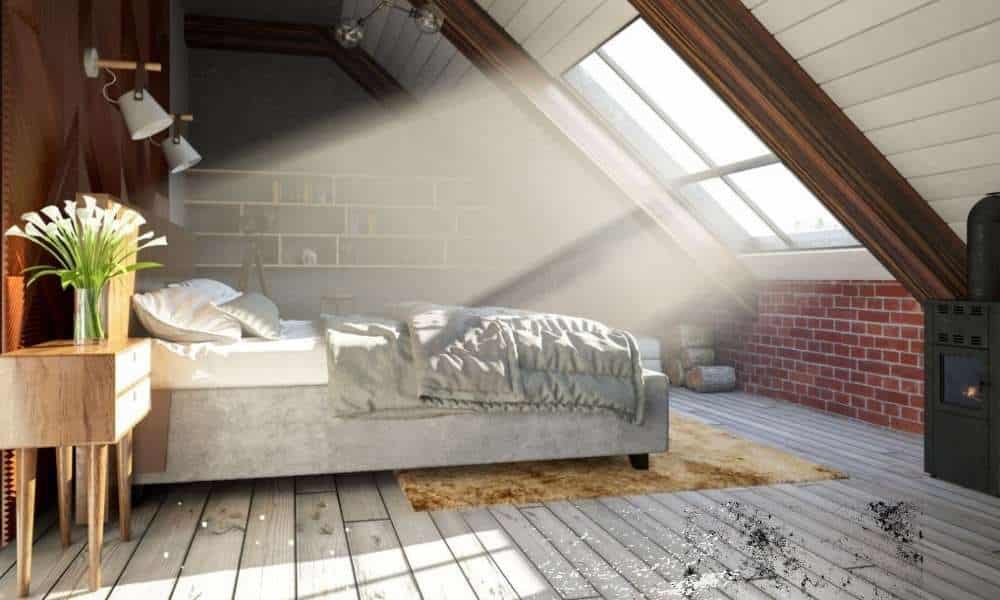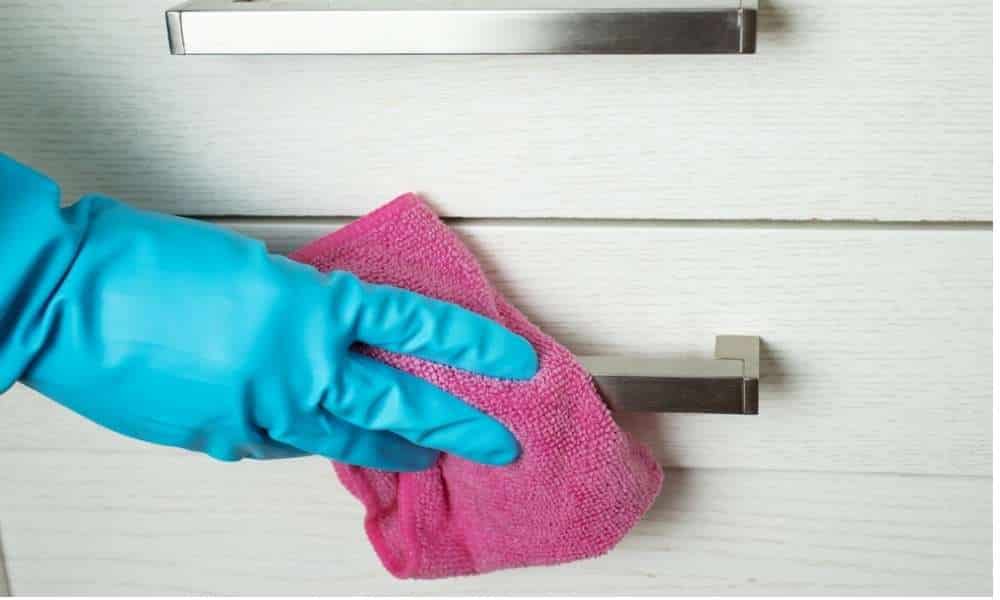Most of us think about dust when it comes to our bedrooms. It can be liveliness or a dusty smell that can keep you up at night. Dust is composed of small particles that are attracted to light. This means clothes and furniture can look dirty and old after a while. Dust also contains bacteria, which can cause respiratory problems. Although it’s not a common problem, it’s important to get your bedroom cleaned every few months to keep it looking and smelling good! Now telling about Why Does My Bedroom Get So Dusty
What Reasons Your Bedroom Get So Dusty
One reason is that the air in a bedroom moves and diffuses dust particles throughout the room. Which can cause dust to accumulate over time and become dusty. Another reason is that some people’s allergies can cause their air conditioning unit to produce excessive levels of allergens. Which can lead to dust accumulation in a bedroom. Finally, one spouse may have more than one job outside of the home and their home may not be cleaned. Often enough to Remove all of the furniture and Dust every day.
01. Human Skin Cells
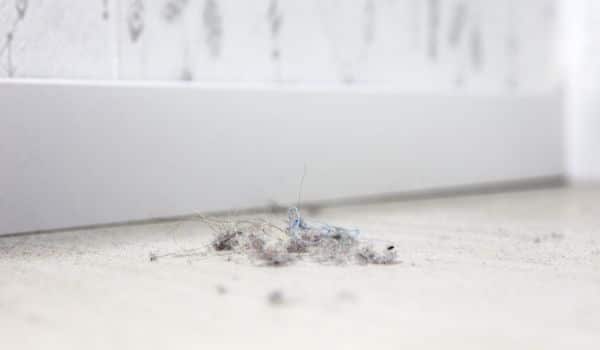
Human skin cells are super-vulnerable to bacteria and they can get dusty. If they don’t have a good place to stay. Dusty bedrooms can upset your equilibrium. Not only do you have to worry about your dirty clothes, but also the dirt on your walls and floor. If you think that a dusty bedroom will just make you more lazy, think again! Dusty bedrooms can promote restful sleep because it helps improve blood circulation.
02. Bedding

One common reason why bedrooms can get dusty is the type of bedding being used. Natural fibers like cotton or linen tend to attract less dust compared to synthetic materials. Opting for a hypoallergenic duvet cover and pillowcases can also help reduce the amount of dust particles in your bedroom
Another factor to consider is how frequently you wash your bedding. Regularly washing your sheets and pillowcases in hot water can help remove dust mites and other allergens that accumulate over time. Additionally, using a mattress protector and regularly vacuuming or steam-cleaning your mattress can further prevent dust buildup in your bedroom.
03. Clothing

One surprising culprit could be your clothing. Fabrics, especially those made from natural fibers like cotton and wool, are a major source of dust in our homes. As we move around or handle our clothes, tiny fibers break off and float into the air. Settling on surfaces and creating that pesky layer of dust.
To combat this issue, Consider decluttering your wardrobe and opting for clothes made from synthetic materials that shed fewer fibers. Regularly washing your clothes with a gentle detergent can also help reduce the amount of dust they release into your space.
04. Paper And Clutter Contain Dust

When paper is left lying around, it easily traps and holds onto dust particles, creating an environment conducive to dust build-up. Cluttered surfaces also provide more space for dust to settle, Making it harder to clean thoroughly.
Moreover, the texture of the paper makes it a prime target for dust collection. The porous nature of paper fibers acts as a magnet For airborne particles, contributing to the overall reduced dusty atmosphere in a room.
To combat excessive dust in your living space, Consider implementing a minimalist approach by decluttering regularly and using storage solutions to keep papers organized.
05. Carpets And Fabrics Hold Dust
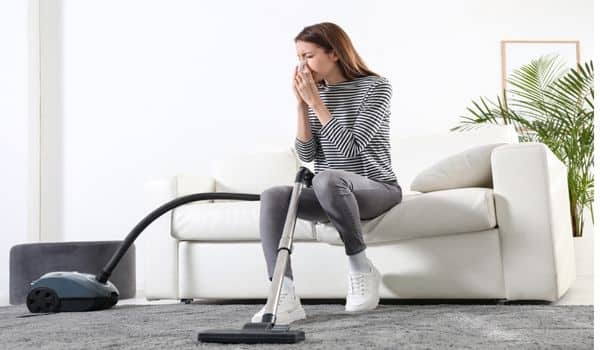
Dust particles get caught in the design of the carpet and when you move around on it. The particles fly off and settle in different places on your floor. This dust builds up over time, especially if you do not clean your bedroom often enough.
Dust can accumulate on carpets and fabrics over time, leading to a dusty bedroom. Dust mites, which are tiny creatures that thrive in clean environments, can create an environment of dust and dirt that is conducive to their growth. This in turn causes them to build up and create dust mite traps. Dust mites are known to cause allergies, Asthma, And other respiratory problems.
06. Leaky Windows

These windows are not properly sealed, they allow outside debris and pollutants to enter your home. Settling on surfaces and causing excessive dust build-up. The gaps around leaky windows provide easy access for dust particles to float inside and accumulate over time, Leading to constant cleaning battles.
To combat this issue, Consider inspecting your windows regularly and identifying any signs of leakage. Sealing these gaps with weatherstripping or caulk can help prevent dust infiltration into your living space.
07. Faulty Air Purifiers And Fans
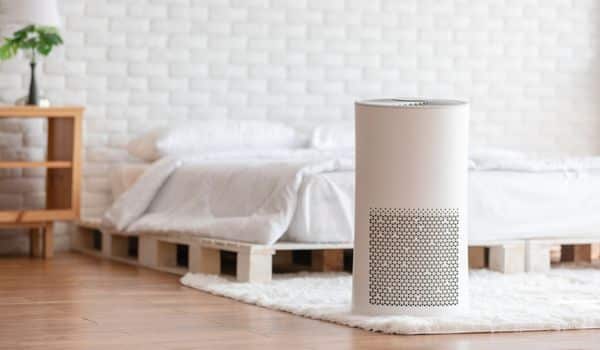
Air purifiers may not be effectively filtering out dust particles if their filters are clogged or past their recommended replacement date. Similarly, fans that are not properly maintained can redistribute dust around the room instead of removing it. Faulty air purifiers and fans may also lead to poor ventilation in the bedroom, which can exacerbate dust accumulation.
08. Dust From Outside

This can be particularly true if the window treatment is not effective at containing the air ducts and particles coming in from outside. Dirt and other particles inside the room can also build up over time, creating a dusty atmosphere that can be difficult to clean.
While we may try to keep windows closed or use air purifiers, dust always seems to find its way inside. Vacuuming carpets and rugs frequently, wiping down surfaces with a damp cloth. And washing bedding regularly can help reduce the amount of outdoor dust that accumulates in your bedroom.
09. Hair And Dead Skin Cells
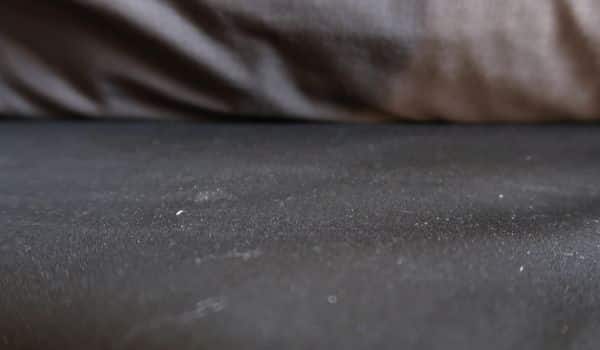
Dust mites feed on the dead skin cells and hair leftover from clothing and other activities. These small creatures can live in large numbers in dirt, dust, And pollen particles. When they reach your bedroom, they will deposit their eggs on the bedding. After hatching, these little angels will start to feed on your sweat, blood, and other body parts. The dust mite population in your bedroom will grow exponentially until finally. You become overwhelmed with the number of them and it becomes too dusty for them to survive.
10. Pet Dander And Waste
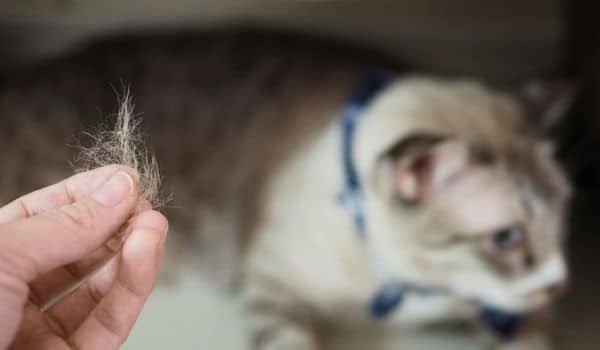
Tiny flecks of skin shed by animals, Can easily become airborne and settle on surfaces in your home, Contributing to dust buildup. Pet waste such as litter or droppings can also release particles into the air that eventually settle as dust.
Regularly grooming your pets and cleaning their living areas can help reduce the amount of dander and waste in your home. Consider using high-efficiency particulate air (HEPA) filters in your heating and cooling systems to capture these particles before they circulate throughout your living space.
11. Tiny Bits Of Dirt
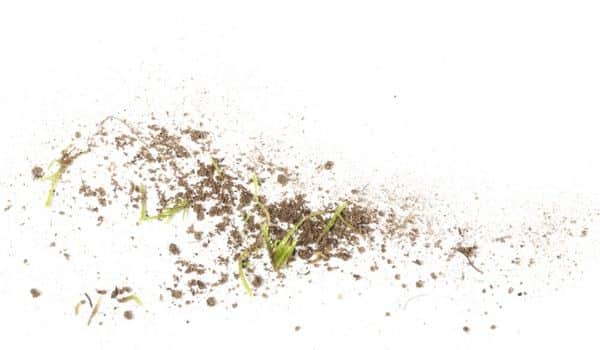
There is something about tiny bits of dirt that can leave your bedroom feeling dusty and musty. Scientists believe that dust mites, tiny air-breathing creatures thriving in dirty environments, primarily cause this problem. Mites love to live in damp environments and will search for moisture sources such as occupying crevices in furniture or between the bed sheets. When these areas get dirty, dust mites will start to multiply and can lay their eggs inside objects like books or pictures. This extra layer of dirt and dust will then accumulate over time. Making your bedroom seem increasingly dusty and musty.
12. Textiles
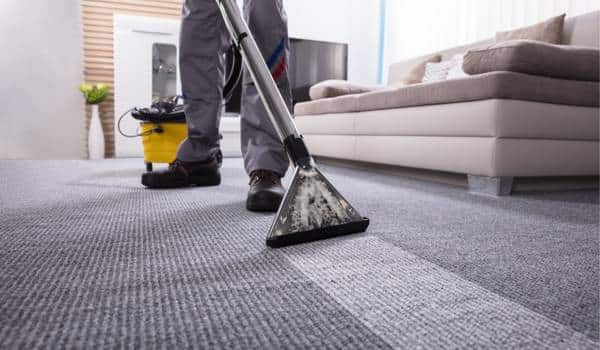
It causes many problems for textiles. Dust mites build their homes in the crevices of fabric and can leave behind dust mites. Which are small creatures that thrive in dusty environments, and cause many problems for textiles. Dust mites build their homes in the crevices of fabric and can leave behind numerous dust particles that can cause respiratory issues and other respiratory problems. The constant supply of air and moisture from sources such as a radiator can also lead to mold growth and potential allergic reactions from fabrics if not cleaned regularly.
Best Ways On How To Keep Bedrooms Dust-Free
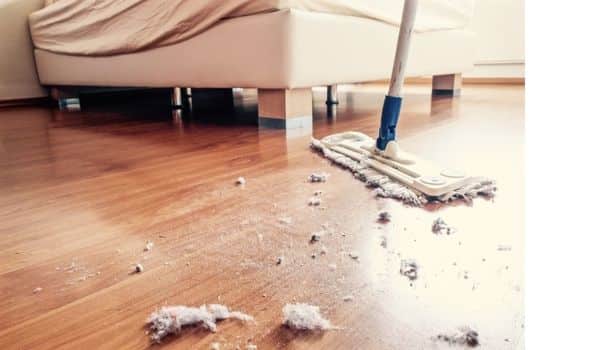
- Make sure all items you bring into your bedroom are clean and free of dirt, dust, and other debris. This measure will effectively deter the accumulation of any residue.
- Sweep the floor inside and outside of your bedroom regularly. This will help to remove any built-up dust and particles from the room.
- Use a vacuum cleaner with suction to suck up Any objects that have been built up in your room. This will remove all of the Dust that has gathered over time.
Conclusion
Various factors such as poor ventilation, carpeting, and lack of regular cleaning can cause the accumulation of dust in our bedrooms, a common issue. Understanding the reasons behind the dust buildup can help us take proactive measures to reduce it, Such as improving air circulation, investing in air purifiers, and regularly dusting and vacuuming. By implementing these strategies, we can create a healthier indoor environment that is free from excessive dust particles.

